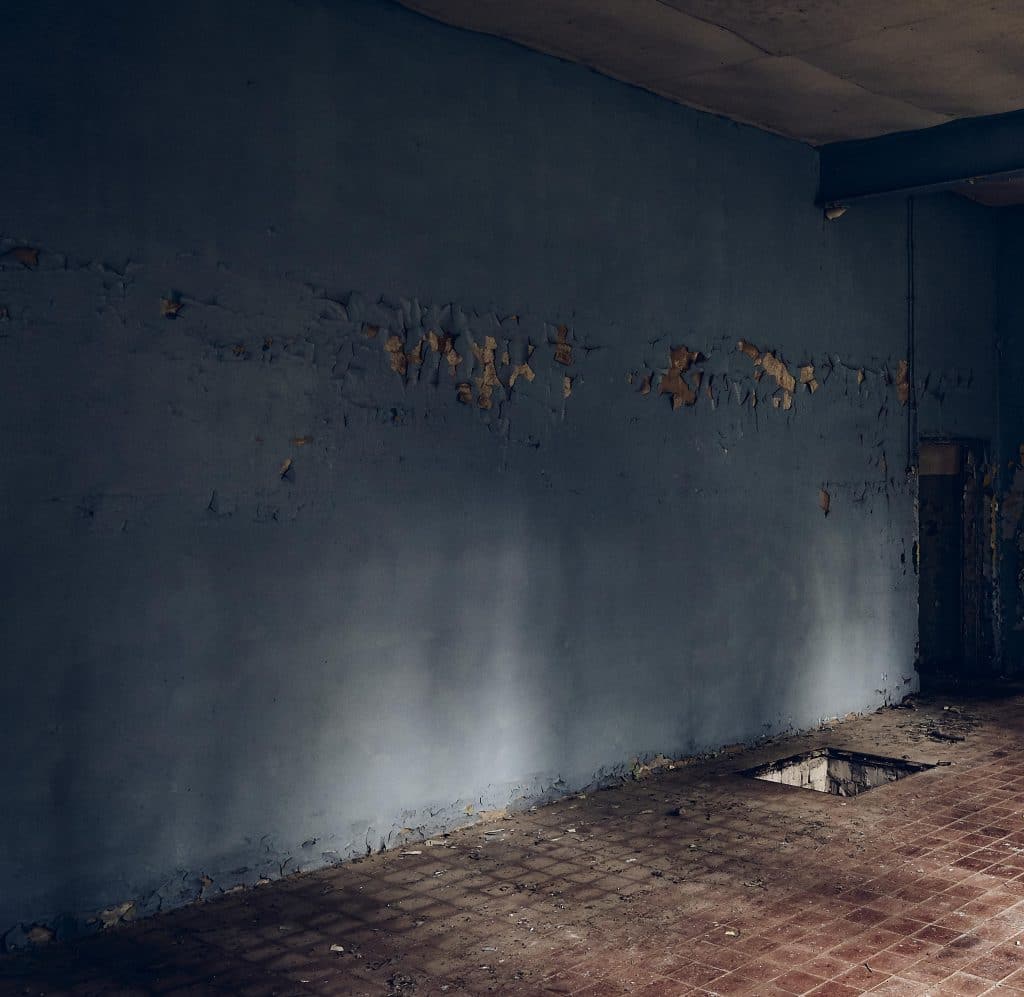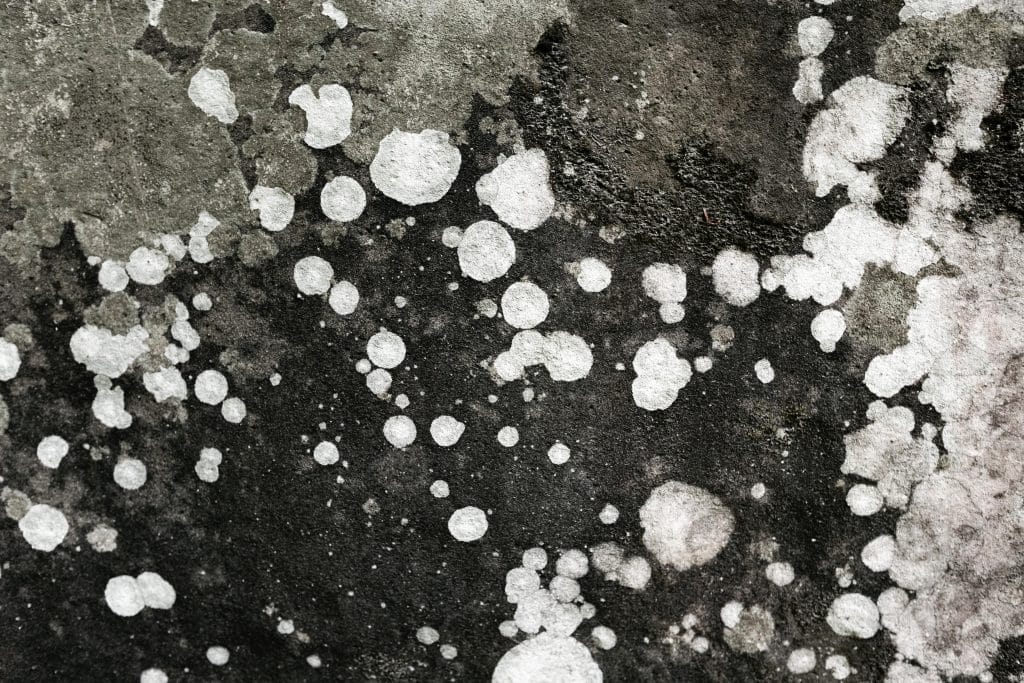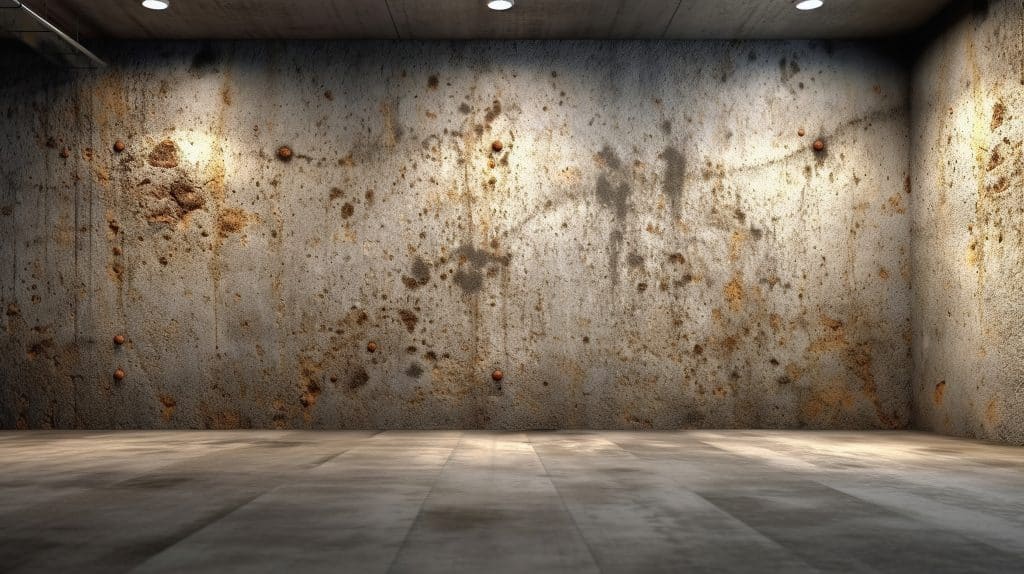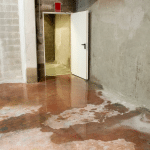A wet basement is more than just a nuisance. It poses very real risks to your home and health of all the people living it it. Leaky basement is a common problem that, unfortunately, many homeowners face. It affects people living in regions with high rainfall or having poor drainage systems the most. The consequences go beyond just water damage and dampness.

Main Wet Basement Risks
Structural Damage
When water gets into the basement, it gets into the foundation walls as well. That leads to cracks and overall weaker wall structure. In turn this leads to costly repairs and even potential safety hazards. As the wall structure weakens, next come the floors and the doors. Sometimes it even leads to warped walls and foundation collapse.
Mold Growth
A lots of moisture in the basement creates an pefrect environment for mold. It thrives in dampness, and a wet basement offers it the moisture and darkness it needs to flourish. Spreading at a high speed, it releases particles that trigger allergies and respiratory problems. Being exposed to mold for a long time is especially harmful for people who already have to deal with a respiratory condition.

When moisture levels are high mould spores quickly multiply and colonize various surfaces, including walls, floors, carpets, and even furniture. It damages the materials it inhabits and releases spores that circulate in your home, badly affecting air quality.
Breathing in mould spores might cause allergic reactions, respiratory infections, and other health problems. The symptoms often are:
- Sneezing, coughing, and wheezing
- Irritated throat
- Stuffy nose
People with asthma or other respiratory conditions are especially vulnerable to the effects of mould exposure.
Electricity Issues
Every child kow that water and electricity don’t mix well. However, there are layers to the possible damage. Not dealing with a wet basement in time just might cause short circuits, electrical shocks, and even fire hazards.
First the moisture gets to the wires insulation layer. Without its cover the wires get damaged mush easiers. Then there’s the risk of an electric shock when handling or operating electrical devices. Any electrical appliances that have been submerged in water should be inspected by a professional before being used again.
Pest Infestation
A wet basement will surely attract unwanted visitors like rodents and termites. They are highly attracted to the moisture and dampness after all. Fitting even through the smallest cracks and holes won’t be a challenge for them.
The creatures might be small, but the issues they come with might be quite big. Rodents are often carriers of salmonellosis, leptospirosis, and hantavirus that you can catch with ease. Mice and rats don’t come alone either, ofthen bringing fleas and ticks along.
Worse Air Quality
Excess moisture in the basement contributes to poor indoor air quality. Dampness and mould growth release airborne spores and other harmful particles that spread to other areas of your house. Breathing in these contaminants causes respiratory problems and allergies and worsens existing conditions such as asthma.
Preventive Measures
The best preventive measure are regual inspections. Come by your basement once in a while with a sole goal of checkin its condition. Inspect the plumbing, appliances, and the foundation for any signs of moisture to catch it early. Inspect and seal any cracks in the foundation walls and floor with waterproofing sealants to prevent water intrusion.

Make your basement less humid will be of great help as well. Use dehumidifiers and ensure proper airflow to prevent mold growth. You can also think about getting sump pump to manage groundwater. We wrote more about all the tips and tricks in our previous article on How To Protect Your Home From Water Damage.
Expert opinion
Leroy S. Gage
Leroy is a professional with 25 years of practical experience in foundation construction and engineering. His deep knowledge and understanding of regional building regulations and environmental conditions allow him to offer the most modern and customized solutions.
If you have a wet basement, better take immediate action to identify and resolve the underlying causes, whether it’s poor drainage, foundation cracks, or faulty plumbing. Consulting with a professional waterproofing contractor like Will Fix will help you determine the most effective solutions for your specific situation.
Risks Associated with a Wet Basement FAQ
-
Can I Fix a Wet Basement Myself?
While there are some DIY measures you can take to address minor wet basement issues, we recommend calling us for a FREE estimate. Waterproofing and structural repairs require expertise and specialized equipment to ensure a thorough and effective solution.
-
Can a Wet Basement Affect the Value of My Home?
Yes, a wet basement significantly impacts the value of your home. Water damage, mould, and structural issues decrease the resale value and make it challenging to sell your property.
-
How Much Does It Cost to Fix a Wet Basement?
The cost of fixing a wet basement varies depending on the issue's severity, basement's size, and the necessary repairs or waterproofing measures. It's best to consult a professional to assess your case and get an accurate estimate with no hidden fees.
